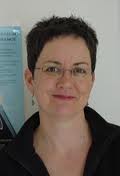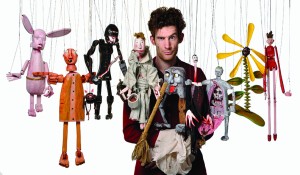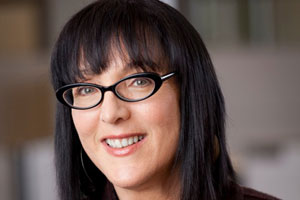
Member of the Faculty Cheryl Simrell King
Abstract:
This autobiographical essay addresses the question: How do the needs of students of working-class origins differ from those of their counterparts from more privileged backgrounds? As one of the invisible differences in the United States, class pervades everything we do, and we are mostly unaware of it. Readers are encouraged to examine their own presumptions about social class, including their suppositions about access to resources and how these can differ based on one’s family of origin. In addition to suggestions on how to address social class in the classroom, readers are encouraged to raise their own consciousness about class in order to reach out to students from working-class backgrounds.
The Situation
In preparing to write this essay, I sat with a student of working-class origins with whom I have a mentoring relationship and asked, “What do you want people to know about interacting with working-class students in our field?” Her answer came without hesitation: “presumptions of access.” She said folks who are not of working-class backgrounds presume everyone has access to whatever they need. Middle- and upper-class people do not think about these access presumptions, so deeply engrained are they in the consciousness of all Americans, even the working class. These access issues are like what Peggy McIntosh (1988) described regarding race in her work about White privilege. McIntosh said White folks, because of the privilege our culture affords us, carry an “invisible knapsack,” full of things always at the ready to smooth our path. We do not see, nor are we aware of, our knapsacks. Non-Whites do not have these invisible knapsacks, and they know it. Read the full article.











